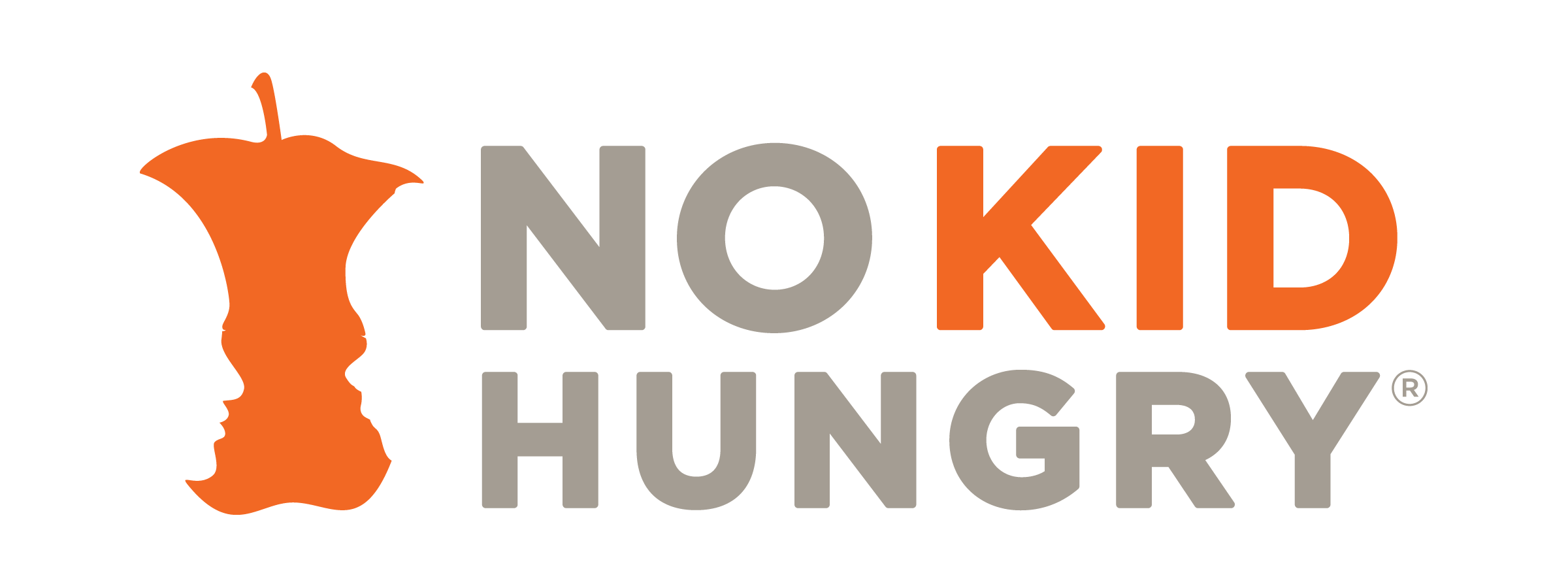STATEMENT: New USDA numbers underscore hunger pandemic in United States
Contact: Johanna Elsemore at jelsemore@strength.org
NEW YORK, NY: This morning, the U.S. Department of Agriculture released its annual food security report, Household Food Security in the United States in 2019. This data, which covers the 2019 calendar year, is a stark reminder of how quickly hunger in this nation has skyrocketed because of the COVID-19 pandemic. The following is a statement from No Kid Hungry New York Director Rachel Sabella.
“According to the USDA, in 2019, 5.3 million children were food insecure, the lowest number on record since the agency began tracking these statistics in 1998 and nearly half the number from the height of the great recession in 2008. Today, it’s a much different story. According to recent estimates, anywhere from 9-17 million children are not getting enough to eat. And the impact on communities of color are much more severe. Studies show Black and Hispanic families with children are hit the hardest.
We’ve seen this devastating trend first hand right here in New York since the coronavirus swept across our state, creating an economic crisis alongside a health one. As the pandemic rages on, the situation continues to become more dire for many kids as their parents struggle to make ends meet. If this trend continues, the consequences will be felt for years to come.
It doesn’t have to be this way. There are programs like school meals, the Supplemental Nutrition Assistance Program (SNAP) and Pandemic EBT that work together effectively and efficiently to make sure hungry kids get the nutrition they need. But without federal action, they will continue to fall far short of reaching all the families that need them.
- Schools need child nutrition waivers extended through the end of the academic year so they can plan and prepare their meal programs and continue reaching kids in need;
- Pandemic EBT, which provides a benefit to replace meals kids miss while schools are closed, only covered last school year and has expired. It must be renewed to help families this school year as well;
- SNAP benefits, a critical resource that helps families purchase groceries for their kids are entirely too low and the need is too vast. Congress must increase SNAP benefits by 15% during this crisis, which works out to approximately $25 more per person a month.
Without action, next year’s food security numbers will show many, many more families struggling with hunger. We cannot let this crisis continue to erode more than a decade worth of progress in the fight against hunger in this nation. To put our nation back on the path toward ending childhood hunger, Congress and the administration must work together and act now.

